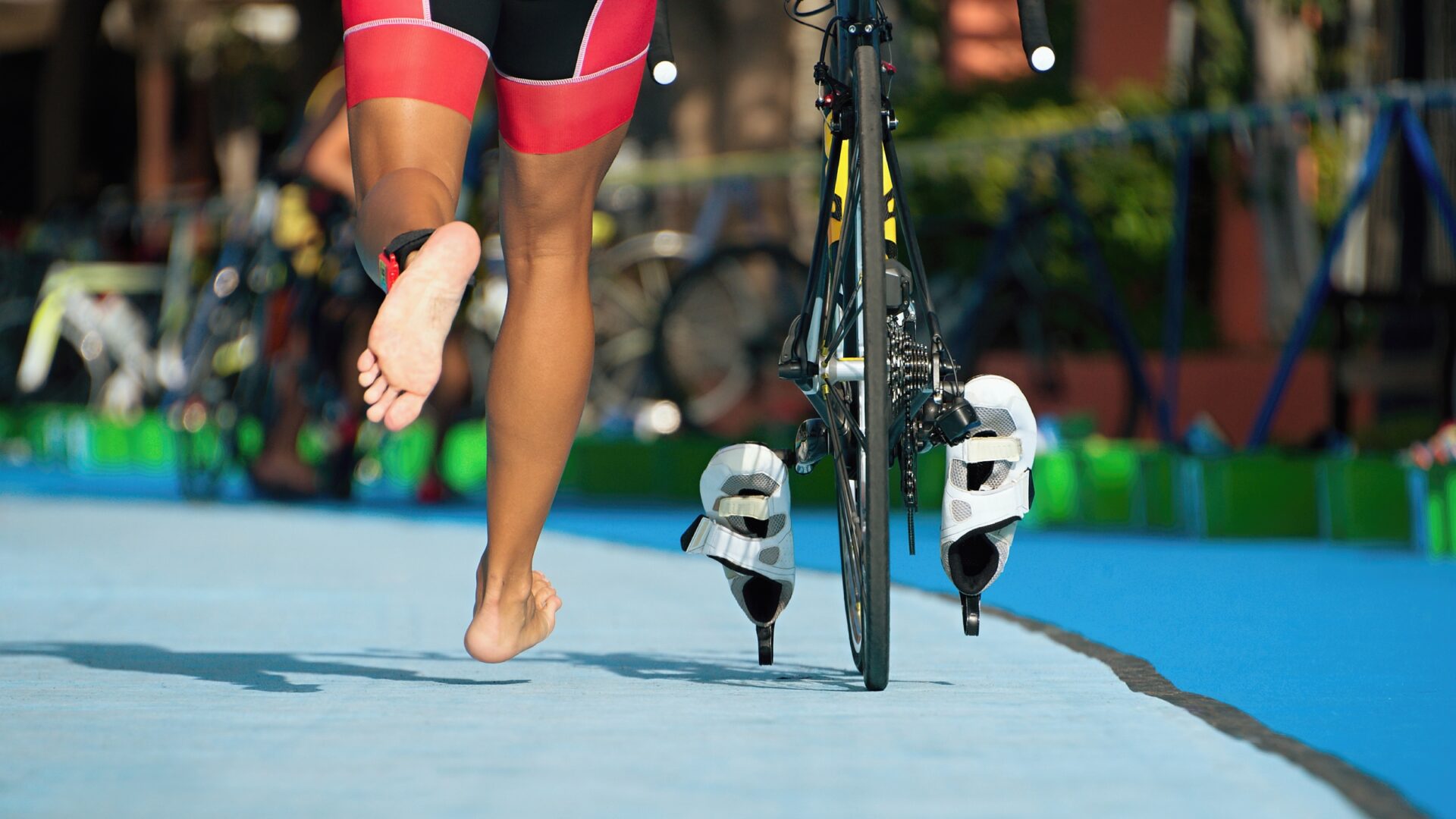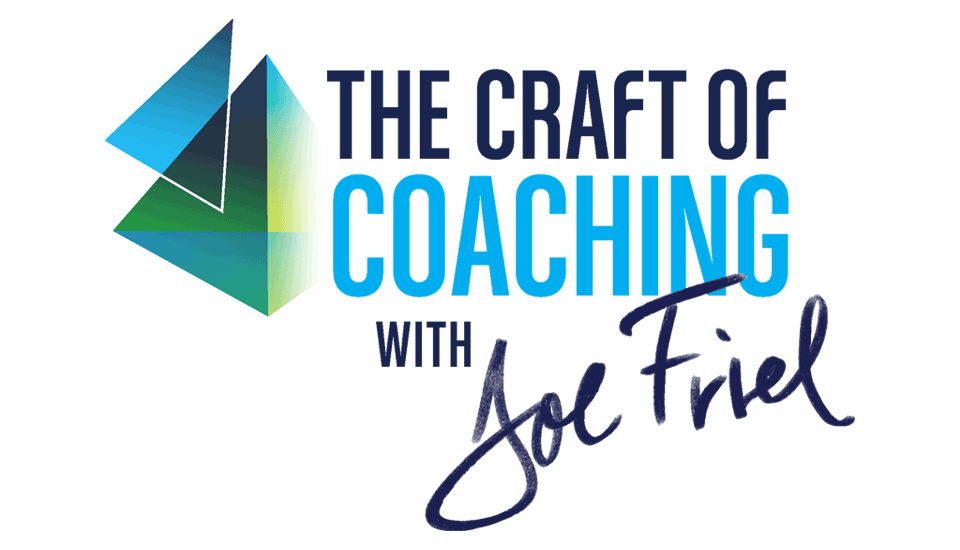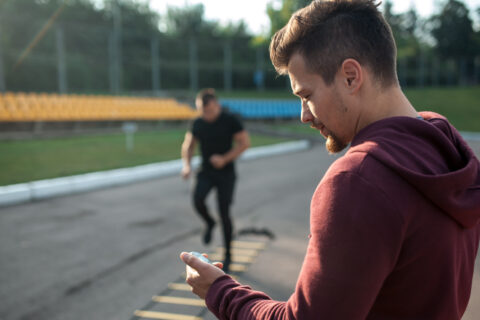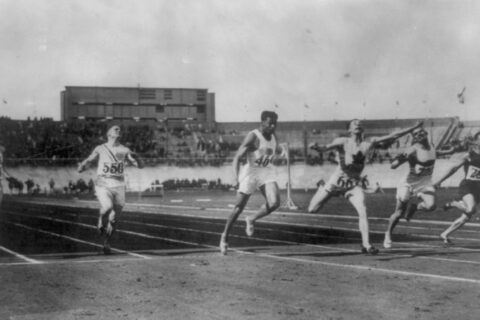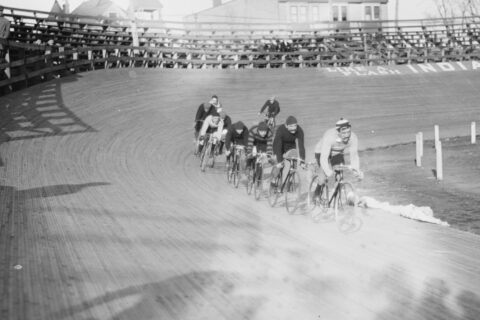There’s plenty of information to gather when deciding whether to take on a new athlete. Coach Alan Couzens responds to Mary to learn more about her training history and lifestyle.
There’s plenty of information to gather when deciding whether to take on a new athlete. Coach Alan Couzens responds to Mary to learn more about her training history and lifestyle.
